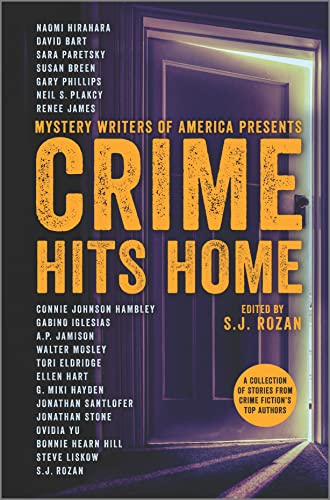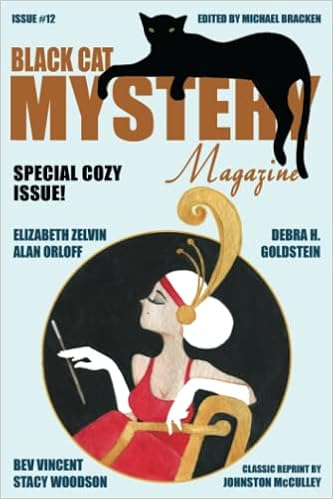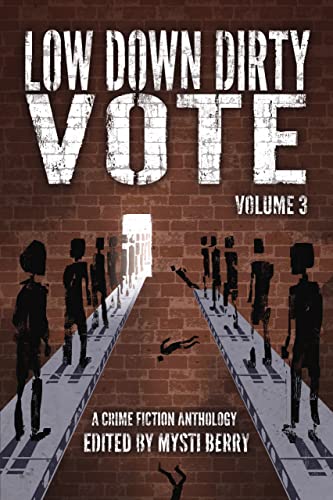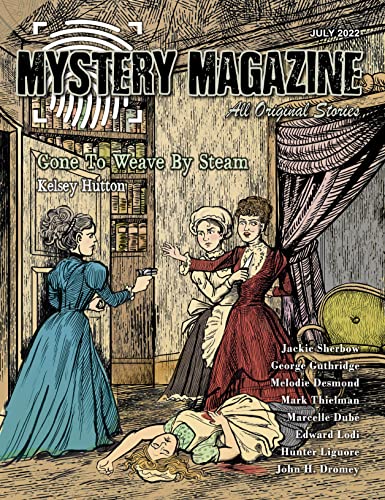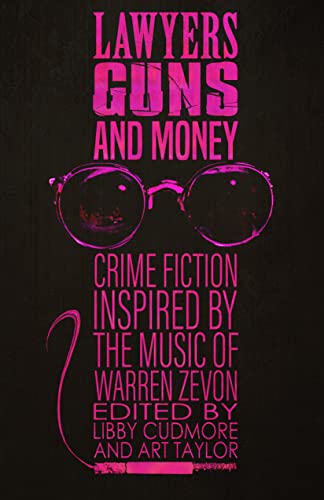"Paying the Ferryman," by E.J. Wagner, in Jewish Noir II, edited by Kenneth Wishnia and Chantelle Aimee Osman, PM Press, 2022.
I have said before that my favorite short stories tend to have at least one of these characteristics: great characters, a twist ending, a great concept, or heightened language.
By heightened language I mean that the words do more than get you from the title to the last page. In effect, they express a world view. This could be style as flat as Hemingway or as Baroque as Faulkner.
Which brings us to the opening of Wagner's story.
He tells Judith that he loves her.
They face each other across the butcher'-block counter, the one made fifteen years ago in the first months of their marriage. She slices sweet peppers for their dinner -- the peppers are bright green, red, and yellow, and she loves the look of them as she slides them into a big white bowl...
He tells her that he truly loves her, and has since they met, but that he -- and here he smiles sadly -- he has fallen deeply, desperately, passionately in live with Hadassah Sharon, the Israeli graduate student he is mentoring, and that he simply can't control his feelings because they're overwhelming. It is bashert -- predestined.
I skipped a few paragraphs but this gives you some idea of what Wagner is doing. The rich detail. The oblivious egotism of the husband.
Imagine if this story in the more customary style: past tense, with the husband's words in quotation marks. Some of the magic vanishes. The story becomes ordinary.
The rest of the story tells how Judith responds to hubby's announcement. It is a neat tale, neatly told.
You may wonder why a story in Jewish Noir II has a title referring to Greek mythology. Well, there are at least two links, as you will see if you read it. And I hope you do.



